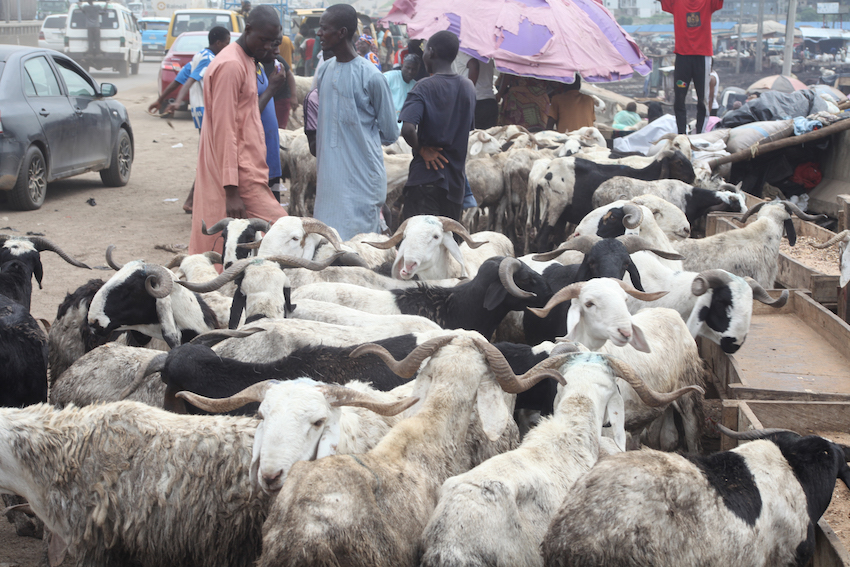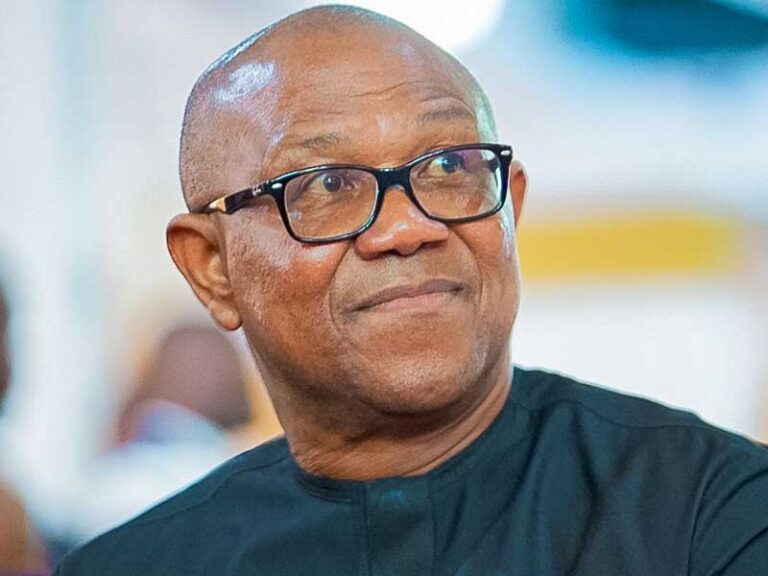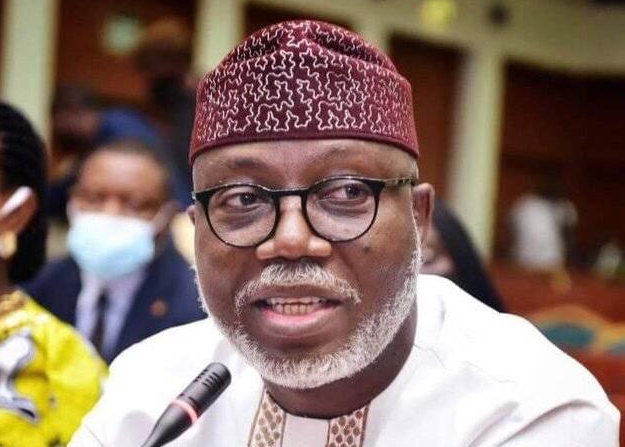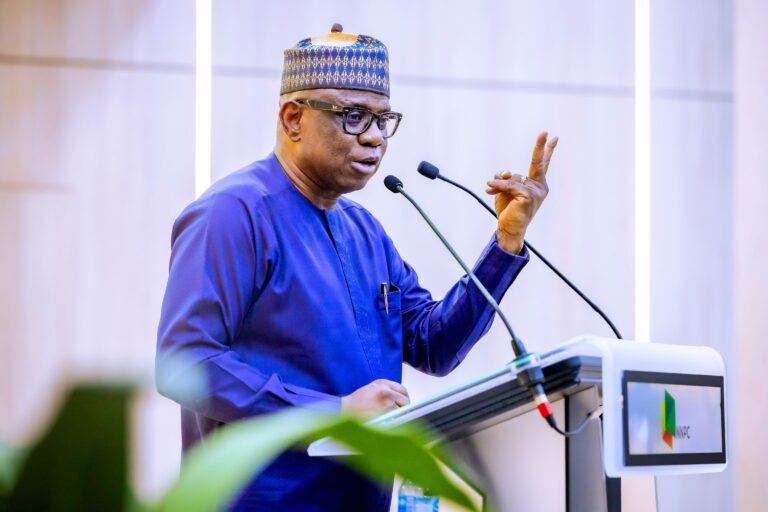
EID SALES009 Cows and rams on sales, as Muslims prepare for the celebration of Eid-El-Kabir, at the Kara cattle market, Isheri, Ogun State… on Thursday. Photo: Stanley Ogidi
As Nigerians prepare for the 2025 Eid al-Adha festivities, the traditional joy of the Ileya festival is being dampened by an unprecedented surge in ram prices, the central element of the sacrificial rites, The PUNCH reports.
A visit to Kara Market, a prominent livestock hub along the Lagos-Ibadan Expressway, reveals a stark reality: many families are unable to afford even the smallest ram and are leaving empty-handed.
“Last year, I sold this size for N300,000. Today, if you don’t have N500,000, you can’t even touch it. Even I am shocked at the price. But feed costs, transport, everything has doubled!” said Abdullahi Musa, a veteran ram seller at Kara.
From livestock to Luxury: Prices triple
According to a report by Smartpreneur, price comparisons from 2024 to 2025 reveal alarming inflation:
Large rams, which cost between N180,000 and N350,000 in 2024, are now priced at over N1 million in 2025 — an increase of at least 185%, and in some cases up to 455%.
Medium-sized rams, previously sold for N180,000 to N400,000, now range from N600,000 to N800,000, marking a 100% to 333% rise.
Small rams, once the most affordable at N100,000 to N190,000, are now selling for between N200,000 and N500,000 — a 100% to 400% increase.
In short, whatever one paid for a ram last year, expect to pay double, triple, or even more this year — one of the steepest year-on-year Eid price hikes in Nigerian history.
Ram or rent? Families forced to choose
Many households are reconsidering traditional celebrations.
“Ram or rent, I can’t afford both,” lamented Mr Segun, a father of four from Agege. “My children ask why there’s no ram this year, but I explain we’ll pray and eat rice, and that’s enough.”
Others are turning to more affordable alternatives such as goats, chickens, or shared cows.
What’s driving the price urge?
Experts attribute the soaring prices to a combination of economic and security challenges.
Nigeria’s inflation rate stood at 23.71% as of April 2025, according to the National Bureau of Statistics.
Rising fuel prices have increased transport costs, pushing up livestock prices.
Banditry and farmer-herder conflicts have disrupted supply chains across the North.
“We don’t have enough supply because herders are afraid to move. Some were attacked last month in Niger State,” said Usman Tanimu, a livestock merchant from Zamfara.
New business tactics: Hoarding and price manipulation
Traders at Kara Market report that a new wave of middlemen are exacerbating the crisis by hoarding rams in urban pens to inflate prices.
“The new players keep animals in warehouses and wait until the last minute to sell,” said Mallam Abdullahi, a long-time seller.
The human cost: A quiet Eid for many
Faced with these pressures, many Nigerians are scaling back their festivities.
“We used to slaughter two rams and cook for the whole street. This year, it’s boiled yam and stew,” said Bello Akinwale, a father of five from Ogun State.
How Nigerians are adapting
In response to skyrocketing prices, many Muslims are adopting alternative ways to observe Eid al-Adha.
Group sacrifices, where several families pool resources to buy and share
a cow, have become popular, significantly reducing individual costs.
Some communities pool funds months in advance to purchase livestock in bulk before prices rise, helping to mitigate inflation.
Others opt for more affordable substitutes such as goats and chickens.
Meanwhile, a growing number of families are embracing a “Silent Sallah,” choosing to scale back on lavish celebrations, large meals, and gift-giving.
Sellers also feeling the strain
Despite high prices, many traders report declining sales.
“I’ve sold only five rams this week. By now, I should be on my third truck,” said Ismaila Yakubu, another Kara seller.
“Customers are frustrated, but we are suffering too. Returning with unsold animals means a total loss.”
Despite the hardship, many Muslims affirm that the core values of Eid — sacrifice, compassion, and faith — must remain central.


